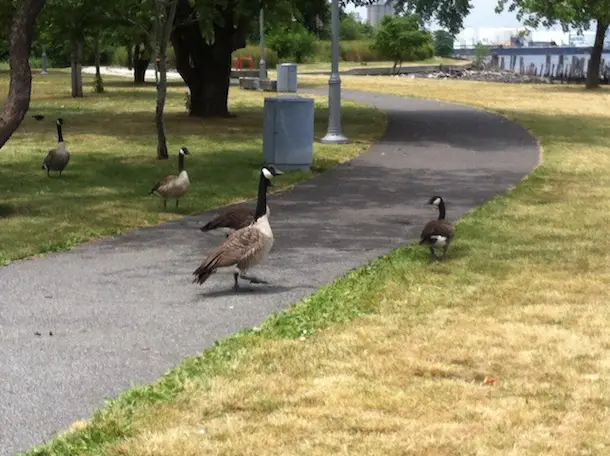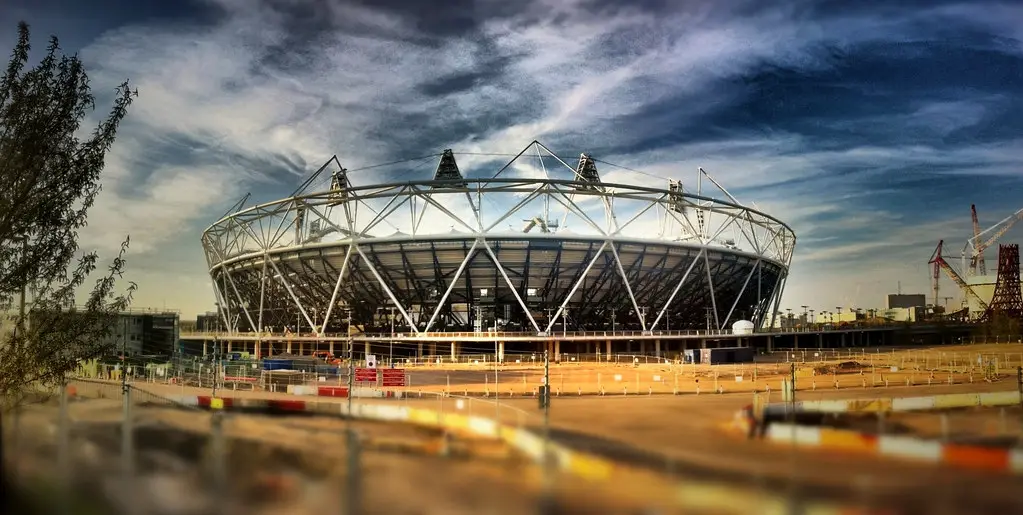After covering Kansas City’s new bike share, we jumped at the chance to talk to Rudy Gonzalez from Cowtown Couriers – a bike courier service which offers an eco-friendly solution to deliveries through Kansas City’s urban core, hoping to change local perceptions of bicycle delivery and improve the city in the process.
Kyle Rogler: How did Cowtown Couriers start?
Rudy Gonzalez: The business started around the end of last year. I had tax returns coming in and decided to quit my job, take what little money I had, and try to make my idea happen.
KR: A bike courier service is actually a pretty common enterprise in other cities, right?
RG: Yes! it is actually very common in many parts of the world. Large cities like New York City have courier services, and even small towns use bike couriers for local deliveries because bikes are portable, affordable and easier to use. A bike courier service in Kansas City is not a very well established concept, but you cannot email a gift or digitally send flowers to someone, so we will always have the need for physical exchange.
KR: You do both food delivery and delivery for businesses. What came first?
RG: The food delivery is what got the business going. I posted a comment on Facebook about offering food deliveries on my bike as a joke, and I quickly received a response from the owner of a local restaurant. He wanted to deliver lunch orders to his customers, but did not have the staff or time to do it. That is where my business came in.
KR: How much of a role has social media played in helping your business grow?
RG: As far as marketing and networking goes it has been great. But nothing beats old-fashioned talking to people on the street and getting the word out. Since it’s really just been me for the last six months, it’s hard to do everything. I’ve had to sacrifice time through being on the street, but social media is something I try to keep up with. I look at bike blogs for new ideas and new customers, for example.
KR: You are very active in the community, participating in the BikeWalkKC Bike Build and the recent Eco Abet urban design charrette. Where does your passion for community involvement come from?
RG: I studied urban planning and design and have always had an interest in cities: how they work, what makes cities great, why we congregate towards cities. It’s always fascinated me. I use to come to Kansas City as a kid and loved seeing all of the buildings, even though the streets were dead at the time. I always knew I wanted to live here and be a part of it. My goal is to see Kansas City become a better city. Going to the design charette and helping with a bike share is about letting people know that things are happening here and being an advocate for the city.
KR: There is a big car presence that dominates many aspects of the city. Have you found Kansas City to be particularly bike unfriendly?
RG: Kansas City is more ‘bike depressed’ than bike unfriendly! The culture is here for it to really take off, but the positives are not highly publicized. I have gotten yelled at to use the sidewalk and honked at, and though events like this don’t happen very often, they are the ones that get attention and deter people from biking more.
KR: Kansas City has seen a lot of investment downtown and has plans for what the city calls ‘streetscape improvements’. How do you anticipate these changes helping your business?
RG: The more riders we have and the more bikes we have in the city, the easier it becomes to see how the investment will impact the city. People may see us riding around delivering goods, but as they see other people riding it helps motivate them to also start biking, and we start to get safety in numbers. As people start to bike more often, other road users will become more aware of them.
Or let’s look at living: If you are going to build a condo with rents that are $1500 a month and without any services, people won’t want to live here. But if they know that there are services like a bike courier and entertainment it’s easier to digest life without a car. People say “No one bikes on Grand Boulevard”, but if they know that our business is down here and the bike share is down here it starts to make sense. You can’t do one thing without the other thing building upon it.
KR: It’s interesting how you answered that question. I asked how the improvements might help your business, and you turned the question back by explaining how your business can help these improvements. Urban improvement really is a two-way street.
RG: It really is a chicken and the egg thing, especially with a business like us. It’s one of those things if people see our company and see that we are around, it can create a positive urban image. It may seem like our idea is crazy to implement in this city, but when a company that no one expected to work begins to thrive, it makes a big statement on what we can achieve.
KR: As you mentioned, it’s about increasing awareness. Are you modeling your courier service on another precedent?
RG: I’d never done any courier work, but I read a lot of bike blogs and became aware of what people were doing, which I based my business on. But we are a unique market in a unique city. San Francisco is surrounded by a bay and New York City is an island. Kansas City is in two different states, borders two major rivers, and has three main neighborhoods that are our economy centers. And we do not have defined boundaries to our city. It was very difficult to decide where to cut off our service and determine what is a deliverable area. Right now, our prices are a tiny bit higher than your traditional service, but we have some distinct advantages. We don’t have to worry about parking and cost of fuel, which is something a few of my clients have mentioned to me. I once did a delivery to city hall with some permit drawings. A traditional courier would charge an additional parking fee and have to find a parking spot. I picked up the documents and went right to city hall within 10 minutes, including going through security. We do not charge extra for that, that is our job. Whether is it raining or windy we are getting paid to ride our bikes. What more could you ask for?
KR: Kansas City has a lot of big suburban developments. Have you found the urban areas better to do business in or do the suburbs lend themselves well to the courier service?
RG: My focus is urban areas. In the city, we already have buses and pedestrians so the traffic is used to sharing space. Other neighborhoods have a different perspective. On the Kansas side of the city, the last thing drivers expect to see is a bike and it is far more dangerous over there. That is why I focus on the urban areas, and because of the small, local businesses that provide good service and a unique product. I want to see the downtown improve and be an incredible place to live. Businesses working together and expanding services is what excites me. People want to move back into the city, and more options will help them feel comfortable with moving down here.
KR: What are Cowtown Courier’s goals for the future?
The goal for the first year is to just make it through, market who we are, and show what a bike delivery service looks like. The next event I will attend is the Cycle Messenger Work Champions starting August 1st in Chicago. I’ll be participating in workshops and giving interviews to let people know about the progress happening in Kansas City. In the future, we want to expand our offerings and grow the business, but it is going to take time to reach that due to people’s perception of bikes. People ask us, “Do you operate when it rains or snows”, and we do. Bad weather doesn’t deter us at all. The customer doesn’t see that yet.


